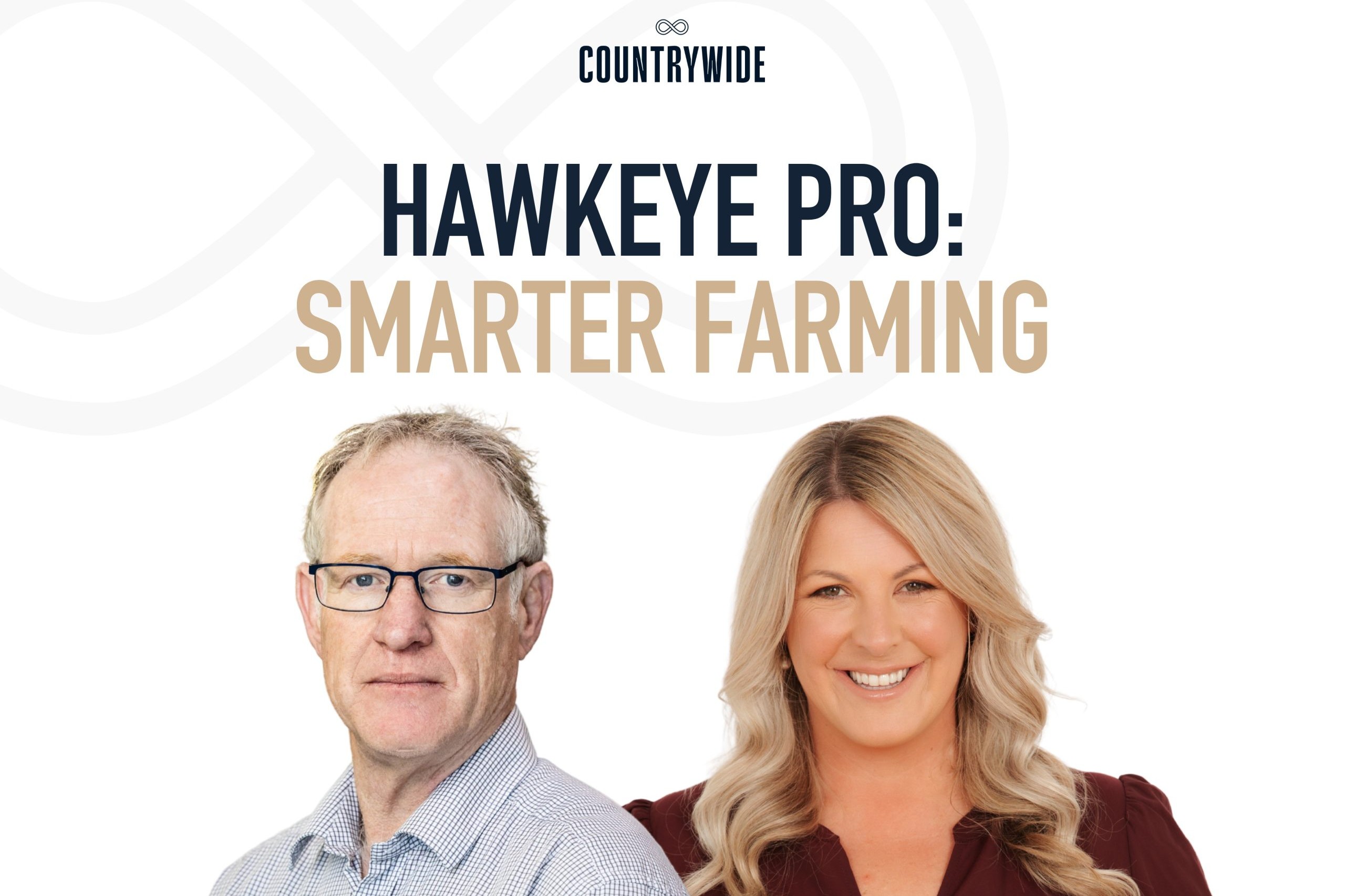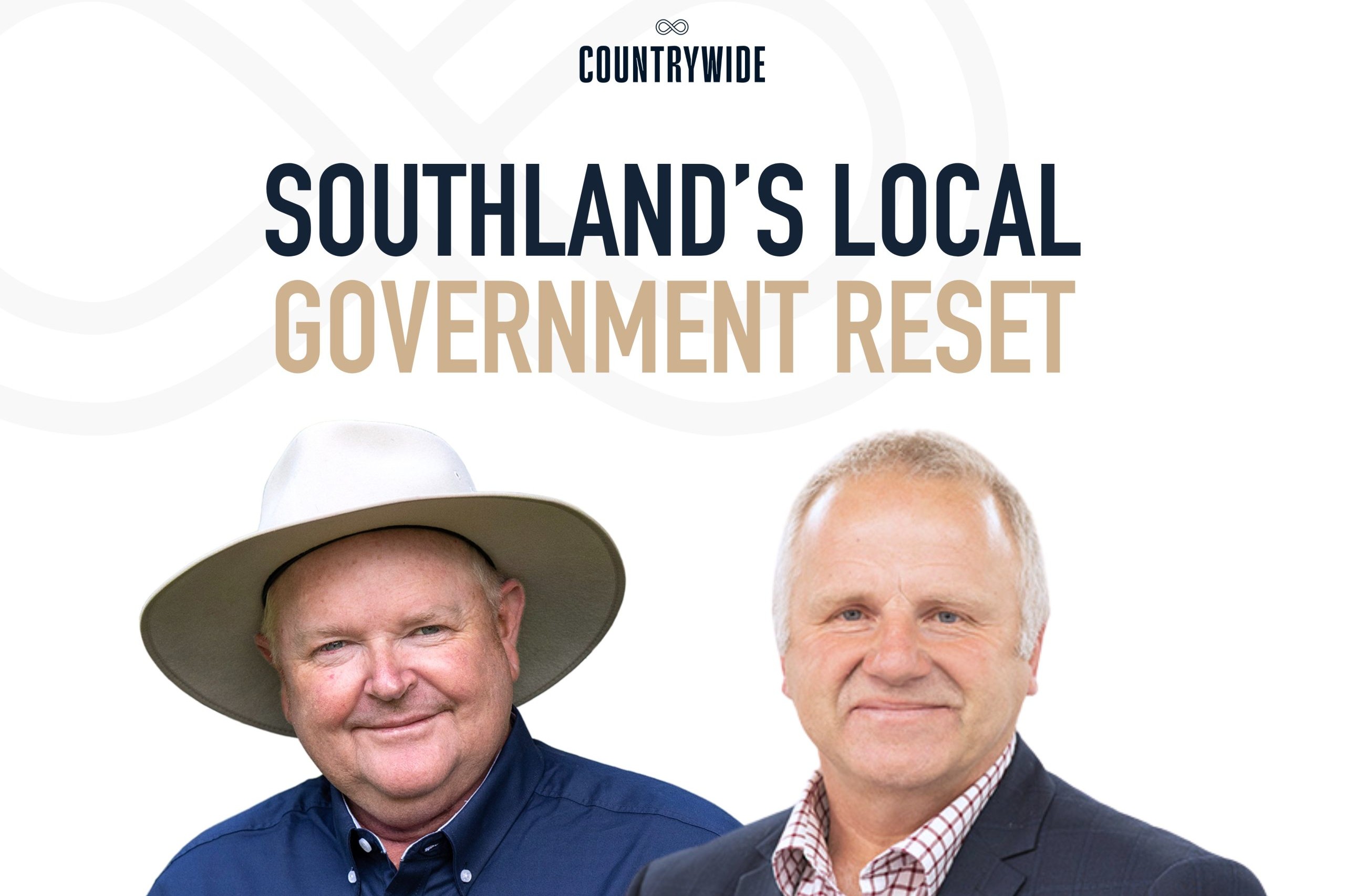Episode 67 – Muller Station’s journey balancing profit and ecological resilience
In this episode, Jo Grigg speaks with Steve Satterthwaite, who farms Muller Station in Marlborough’s Awatere Valley with his family. Their low-input, environmentally focused approach has created a resilient high country system balancing fine wool, meat with their dual-purpose merino and biodiversity values.
Sarah Perriam-Lampp also speaks with ecologist David Norton, who helped develop Muller’s integrated farm management plan. He highlights the need for long-term, landscape-scale solutions to threats like wilding pines, deer, and goats.
Guests:
- Steve Satterthwaite, Owner, Muller Station
- David Norton, Emeritus Professor, University of Canterbury
Host:
- Sarah Perriam-Lampp, CEO and Editor-in-Chief, Country-Wide
- Jo Grigg, agriculture journalist
Muller Station is a 38,000-hectare Merino property at the upper end of Marlborough’s Awatere Valley run by Steve & Mary Satterwaite and their children Alison and Ben. The family was named 2024 Marlborough Sheep and Beef Farmers of the Year, recognised for their resilient low-input system and long-standing environmental stewardship.
Muller operates on challenging high country terrain, with only 10% of the land considered effective. Yet the farm maintains a consistent 5% return on capital—achieved through careful stock policy, targeted fertiliser use, and a genetics programme shaped by decades of observation and refinement. Half of Muller’s income now comes from meat and store stock, with the remainder from wool. Mary’s skills in wool classing have been key to lifting fleece quality, with 85% of their clip meeting Icebreaker contract specifications.
The family places strong emphasis on traits such as foot structure and internal parasite resistance, aiming to reduce drench inputs by managing pastures with cattle and selecting robust genetics. They also maintain and restore historic infrastructure, including old pack tracks built by previous generations.
Looking ahead, they are concerned about the unchecked spread of wilding pines on surrounding Crown land, and the wider implications for Marlborough’s dryland and alpine ecosystems.
David Norton is a leading New Zealand ecologist who has worked closely with high country farmers to integrate biodiversity into practical farm management. His involvement with Muller Station began when Steve Satterthwaite asked for help translating extensive DOC and council biodiversity reports into something usable—prompting the creation of a 20-page summary that identified key ecological values across the property.
From there, David collaborated with the Satterthwaite family to develop an integrated farm management plan that reflects the unique scale and complexity of high country farming. Rather than treating native biodiversity as separate from the farm system, his approach divides properties into land management units—based on geology, vegetation, and grazing patterns—to align biodiversity protection with farm operations.
David believes high country farmers take a distinctly long-term, intergenerational view of stewardship. He points to threats like deer, goats, and wind-blown wilding pines as shared regional challenges, requiring coordinated effort beyond individual farm boundaries. He’s particularly concerned about the spread of exotic forestry, which he sees as a short-term fix that risks imposing high ecological costs on future generations.
Working alongside the next generation at Muller, Ben and Alice, he sees a strong commitment to farming in balance with nature—managing for water quality, regeneration, and resilient production.
Read about the Satterthwaite’s story here.




